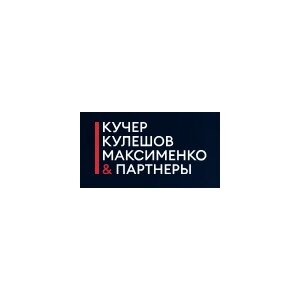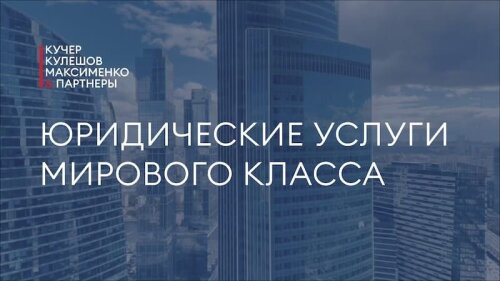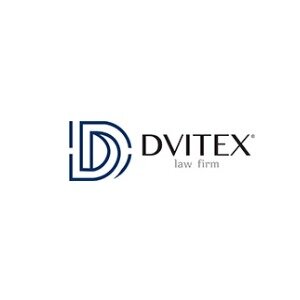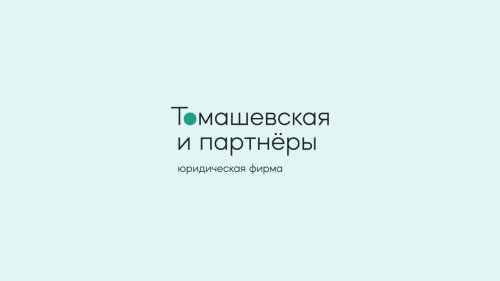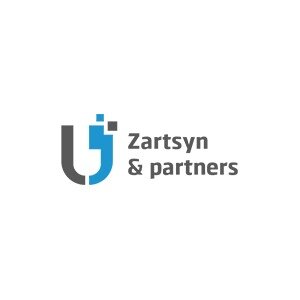Best Funds & Asset Management Lawyers in Moscow
Share your needs with us, get contacted by law firms.
Free. Takes 2 min.
List of the best lawyers in Moscow, Russia
About Funds & Asset Management Law in Moscow, Russia
Funds and asset management in Moscow, Russia encompass the legal and regulatory frameworks governing collective investment vehicles, private equity funds, mutual funds, hedge funds, and portfolio management for individuals and institutions. This segment of law ensures that fund operations, investor relations, compliance, and risk management are conducted according to established rules set out by regulatory bodies, predominantly the Central Bank of Russia (CBR). Both domestic and international investors must pay close attention to these frameworks when accessing Russia’s financial markets. Moscow, as Russia’s primary financial hub, offers a range of managed investment opportunities, but also presents a complex legal landscape that constantly evolves to align with global standards and local economic realities.
Why You May Need a Lawyer
Engaging with funds and asset management often involves significant sums of money, complex deals, and intricate legal relationships. Here are some common situations where you could benefit from qualified legal assistance:
- Establishing a fund: Legal advice is crucial for structuring the fund, preparing the offer documents, and ensuring compliance with Russian regulations.
- Investor relations: Accurate disclosure and agreement drafting help avoid future conflicts with investors.
- Regulatory compliance: Russia’s financial regulations can change swiftly, and a lawyer ensures that all necessary licenses and permissions are in place.
- Buying or selling assets: Transactions require precise due diligence and contract negotiation to protect all parties.
- Dispute resolution: Legal disputes among partners or between fund managers and investors may require skilled representation.
- Tax planning: Asset management is closely tied to tax law, and legal advice helps optimize structures for fiscal efficiency.
- Cross-border transactions: International investments are subject to additional regulatory and sanctions considerations.
Local Laws Overview
The legal framework for funds and asset management in Moscow is primarily based on federal laws and acts, including the Law on Investment Funds and regulations issued by the Central Bank of Russia. Below are some key areas to be aware of:
- Licensing and registration: Fund managers must typically obtain licenses from the CBR, and investment funds must be registered.
- Disclosure and reporting: Russian law mandates regular reporting to both investors and regulators to ensure transparency.
- Custodian requirements: Assets under management should be held with authorized custodians to secure investors’ interests.
- Restrictions on activities: There are set limitations regarding permissible investments, leverage levels, and risk exposures.
- Anti-money laundering (AML): Comprehensive AML regulations require funds and managers to take preventative steps and monitor transactions.
- Foreign participation: There may be special regulations for foreign investors and managers, particularly in view of current international sanctions.
- Taxation: Tax rules for investment funds and returns play a central role in structuring management strategies.
Frequently Asked Questions
What is a collective investment fund in Russia?
A collective investment fund in Russia pools money from several investors to invest in securities, real estate, or other assets, managed professionally under the umbrella of strict regulatory oversight.
Do I need a license to manage assets in Moscow?
Yes, asset managers are generally required to be licensed by the Central Bank of Russia. Unlicensed activities can result in penalties or criminal liability.
Can foreign nationals invest in Russian funds?
Foreign nationals can invest, but certain restrictions may apply, especially in strategic sectors or under international sanctions. Legal advice is necessary to navigate these issues.
How are funds taxed in Russia?
Taxation depends on the type of fund and its structure. While funds themselves may benefit from tax exemptions, income distributed to investors is generally subject to Russian income tax.
What reporting obligations do fund managers have?
Fund managers must provide regular reports to both the Central Bank of Russia and investors, disclosing asset composition, risks, performance, and compliance measures.
What is a Special Investment Partnership?
A Special Investment Partnership is a form of private equity collective investment vehicle in Russia designed for professional investors seeking flexible participation terms.
What are the risks of not complying with Russian asset management laws?
Non-compliance can result in administrative fines, suspension of fund operations, revocation of licenses, and, in severe cases, criminal prosecution.
Is it mandatory to use a depositary (custodian)?
Almost all funds are required to appoint a licensed depositary to hold and safeguard fund assets for the benefit of investors.
Can Russian funds invest abroad?
Funds may invest in foreign assets, but are subject to regulatory restrictions and reporting requirements. These may be influenced by foreign exchange controls and sanctions.
How can an investor exit a fund?
Exit options depend on the type of fund structure. Open-ended funds generally permit regular redemptions, while closed-end funds may require waiting until the fund’s term or selling to another investor.
Additional Resources
If you are seeking more information or assistance, consider reaching out to the following resources:
- Central Bank of Russia (CBR) - The primary regulator for financial institutions, investment funds, and asset managers.
- National Association of Stock Market Participants (NAUFOR) - Offers guidance and updates for asset management professionals.
- Moscow Exchange - Relevant for fund listings and investment product information.
- Tax authorities (Federal Tax Service of Russia) - For specific questions on taxation of funds and investments.
- Arbitration courts in Moscow - For dispute resolution and enforcement of investors’ rights.
Next Steps
If you are considering investing in a fund, establishing an asset management business, or have encountered a related legal issue in Moscow, Russia, the following approach is recommended:
- Gather all relevant documentation, such as fund prospectuses, contracts, licenses, and correspondence with authorities or partners.
- Identify your primary objectives and concerns to discuss with a lawyer.
- Contact a qualified lawyer with experience in funds and asset management law in Russia. Many local law firms offer initial consultations to assess your situation.
- Consider consulting with the mentioned regulatory resources for official guidance or requirements specific to your case.
- Once retained, your lawyer will advise on compliance, negotiation, documentation, dispute resolution, and optimal fund structuring.
Navigating Russia’s funds and asset management sector can be complex. With the right legal support, you can protect your interests, minimize risks, and make informed investment decisions in Moscow’s evolving market.
Lawzana helps you find the best lawyers and law firms in Moscow through a curated and pre-screened list of qualified legal professionals. Our platform offers rankings and detailed profiles of attorneys and law firms, allowing you to compare based on practice areas, including Funds & Asset Management, experience, and client feedback.
Each profile includes a description of the firm's areas of practice, client reviews, team members and partners, year of establishment, spoken languages, office locations, contact information, social media presence, and any published articles or resources. Most firms on our platform speak English and are experienced in both local and international legal matters.
Get a quote from top-rated law firms in Moscow, Russia — quickly, securely, and without unnecessary hassle.
Disclaimer:
The information provided on this page is for general informational purposes only and does not constitute legal advice. While we strive to ensure the accuracy and relevance of the content, legal information may change over time, and interpretations of the law can vary. You should always consult with a qualified legal professional for advice specific to your situation.
We disclaim all liability for actions taken or not taken based on the content of this page. If you believe any information is incorrect or outdated, please contact us, and we will review and update it where appropriate.



